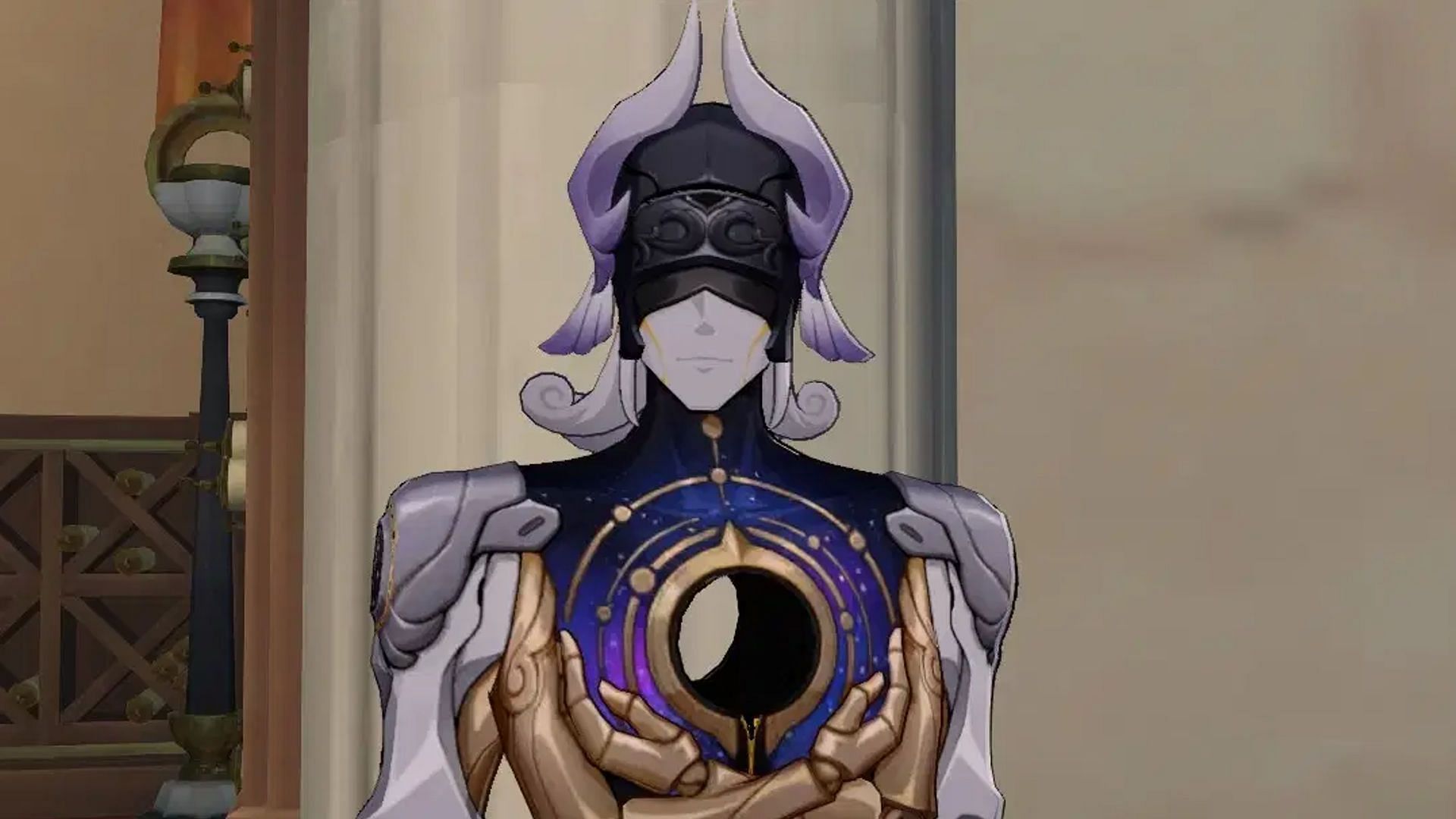Steve Kiner, an All-American linebacker on the College of Tennessee who performed for 3 N.F.L. groups and have become well-known for his candor about his drug use, died on April 24 in Palm Harbor, Fla. He was 77.
His spouse, Carol (Smith) Kiner, stated the reason for his demise, in hospice care, was Alzheimer’s illness, which she stated was almost definitely the results of concussions sustained throughout his taking part in days.
At 6-foot-1 and 205 kilos, Kiner was undersized for a linebacker. However he performed aggressively and fiercely at Tennessee, serving to to anchor the Volunteers’ protection with Hacksaw Reynolds, a future star N.F.L. linebacker. Kiner was named the Southeastern Convention’s defensive participant of the yr in 1969.
In 1968, regardless of a damaged wrist, Kiner had two interceptions and 12 tackles in Tennessee’s 31-0 victory over the College of Mississippi, led by the longer term N.F.L. quarterback Archie Manning. The favor was returned the following yr: Two months after Kiner stirred up Ole Miss with a preseason description of the gamers as “a bunch of mules,” Mississippi gained, 38-0.
After a 41-14 rout of the College of Alabama in 1969 — throughout which Kiner had eight unassisted tackles and an interception — Bear Bryant, the Alabama coach, informed reporters, “I don’t suppose I’ve ever seen two finer linebackers on one staff as Kiner and Reynolds.”
By then, Kiner stated, he was already utilizing medicine.
“I used to be doing acid daily, three hundred and sixty five days a yr, or coke or mescaline, something I may get my arms on,” he informed The New York Instances in 1974. “I didn’t care what folks considered me — if my hair was right down to my butt, if my eyes have been so glazed I couldn’t see two ft in entrance of me.”
Kiner was drafted within the third spherical of the 1970 N.F.L. draft by the Dallas Cowboys. He didn’t begin for Dallas, however he made a powerful impression.
“He was the staff hippy — shaggy hair, groovy mustache, delighted grin belying the actual fact he was the headhunter on the Dallas kickoff staff,” Gary Cartwright wrote in Texas Month-to-month in 1973, including, “Kiner’s first act on shifting to Dallas was to discover a Black roommate.” He shared an condo with the star working again Duane Thomas, an enigmatic character who feuded with the staff over his contract.
Thomas had known as Tom Landry, the Cowboys’ stoic coach, a “plastic man,” and Tex Schramm, the staff’s president, “sick and dishonest.” (Thomas died final yr.)
Kiner backed Thomas. “Duane is gorgeous,” he stated, “as a result of he’s solely telling the reality.”
Dallas traded Kiner to the New England Patriots earlier than the 1971 season; he began all 14 video games that season and had 4 interceptions.
“He had a terrific first yr, however the warning indicators have been there,” Upton Bell, the Patriots’ normal supervisor, stated in an interview. “I used to be conscious that he had some bother with medicine.” He added, “What needs to be understood is that it was the period of medicine, and quite a lot of younger folks have been experimenting with them.”
The Patriots traded Kiner to the Miami Dolphins in 1972, however they launched him earlier than the season. He was then signed by the Washington Redskins (now the Commanders), however he by no means performed for them. He returned to the Patriots in 1973 and reclaimed his beginning job, however he was dealt after the season to the Houston Oilers (now the Tennessee Titans).
By then, he stated, he had been off medicine for a few years.
Steven Albert Kiner was born on June 12, 1947, in Sandstone, Minn., and later lived at Fort Benning, Ga., and in Tampa, Fla. His father, George, was captured by the Japanese throughout his Military service in World Struggle II and survived the Bataan Dying March; he later labored for Sears. His mom, Gertrude (Willie) Kiner, managed the house.
Steven performed quarterback and security at Hillsborough Excessive College, however he was shortly transformed to a linebacker by his coaches in school.
Following his time at Tennessee — which earned him induction into the School Soccer Corridor of Fame in 1999 — and three energetic seasons within the N.F.L., Kiner had his finest years in Houston, after Bum Phillips was named head coach in 1975.
The Oilers had successful data in 4 of the 5 seasons Kiner performed for Phillips (he was defensive coordinator the primary season). At one level, Phillips stated, “Steve Kiner has obtained to be the most effective the Houston Oilers ever obtained for a ninth-round alternative.” Phillips additionally credited Kiner with serving to flip the Oilers into winners.
Earlier than an Oilers-Jets sport in 1974, Kiner mirrored on his previous drug use — and the way it had upset his youthful brother, Kelly.
“He requested why I used to be doing medicine; is it enjoyable? I didn’t have a solution for him,” he informed The Instances. “I thought of what he was saying. He was telling me the reality, and it was onerous for me to swallow.”
When Kiner was launched after the 1978 season, he was upset. He informed The Knoxville Information Sentinel that if the Oilers requested him to return, he would refuse, “except they kiss me in entrance of a sellout crowd on the Astrodome.”
He quickly started a profession in well being care. He had studied psychology in school and earned grasp’s levels in medical psychology from West Georgia School (now the College of West Georgia) in 1988 and 1990. He labored for a hospital run by HCA Healthcare in Atlanta after which grew to become director of emergency psychiatric companies at Emory College Hospital, additionally in Atlanta, the place he helped make sure that people acquired the psychological well being care they wanted.
Along with his spouse, Kiner is survived by his brother; three daughters, Stacey Buckley, Hailey Weiner and Christine Kiner; 5 grandchildren; and two sisters, Kathleen Ritch and Karla Newby.
For years, Kiner exhibited signs related to power traumatic encephalopathy — a mind illness that may be attributable to repetitive head accidents — together with reminiscence loss and anger. In 2010, he informed The Houston Chronicle that he had in all probability suffered a dozen concussions each season.
“So long as my cranium wasn’t cracked, I figured it was OK to maintain taking part in,” he stated. “They’d stick some ammonia beneath your nostril and ask, ‘What number of fingers I’m holding up?’ For those who guessed proper, they’d ship you again out for the following play.”








